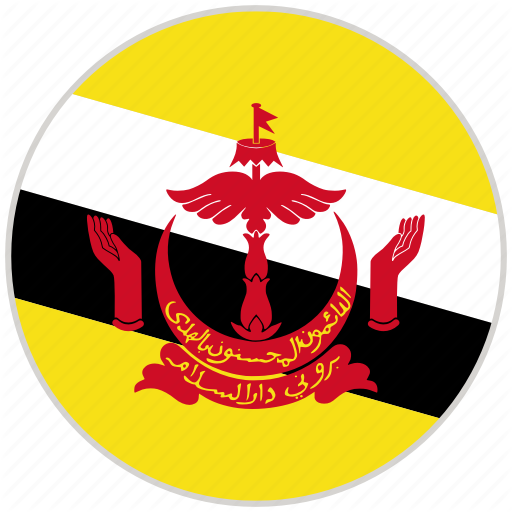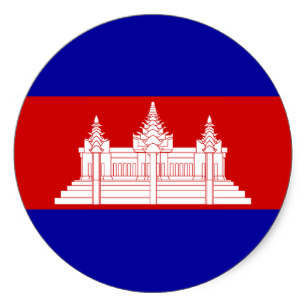ABSTRACT
To achieve balanced and sustainable growth in Thailand, development strategy that enhances inclusive growth is necessary. The purpose of this paper is to examine Thailand’s development strategy and its implication to regional economic cooperation. This paper finds that development strategy in Thailand has changed from the growth-oriented model to a new model of holistic people-oriented development. Losing advantage in cheap labor, Thailand needs to acquire new advantage in technological progress. A new paradigm shift occurred in the eleventh national development plan with creativity and knowledge as drivers of growth. Implications from Thai experience to the regional cooperation are as follow. To achieve inclusive growth, human resources development as in lifelong learning program and joint research is important. Harmonization in logistics and AEC help facilitating movement of people and knowledge distribution. Cooperation in managing risk from natural disaster and environmental problem is also important for the sustained growth in the region.
For the full text, click here.











.png)



.png)




